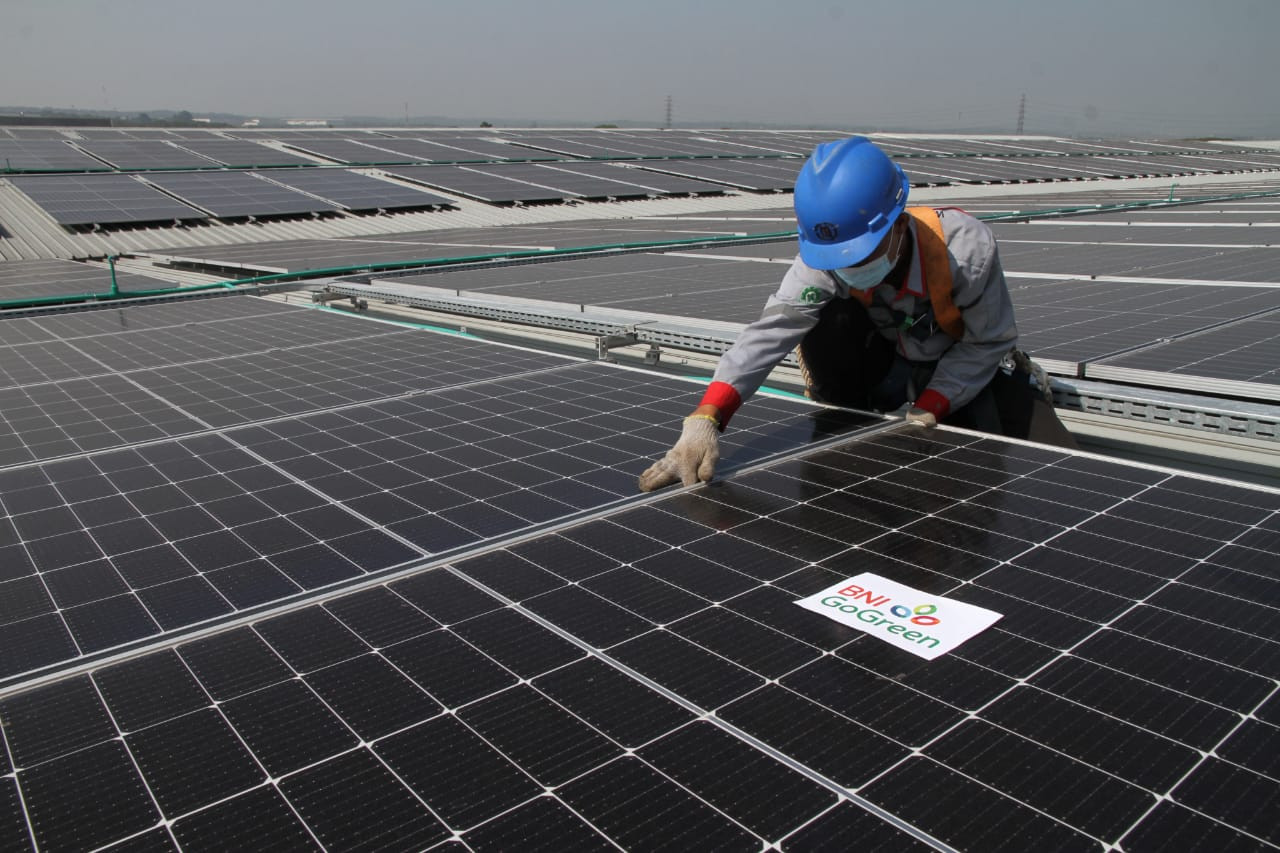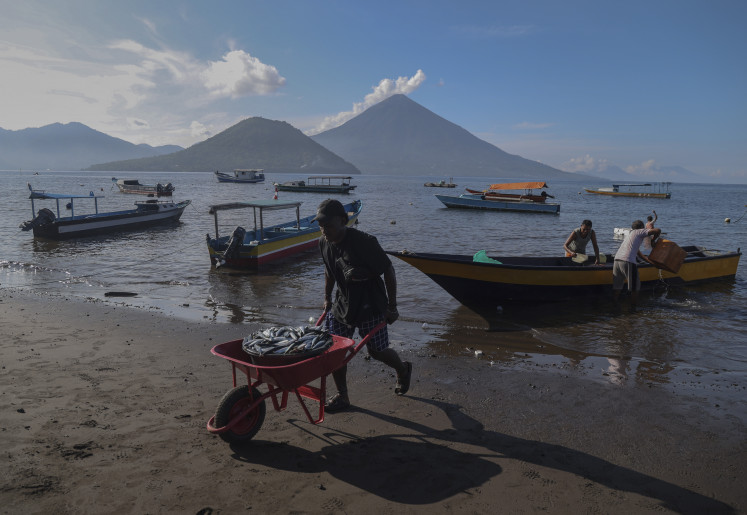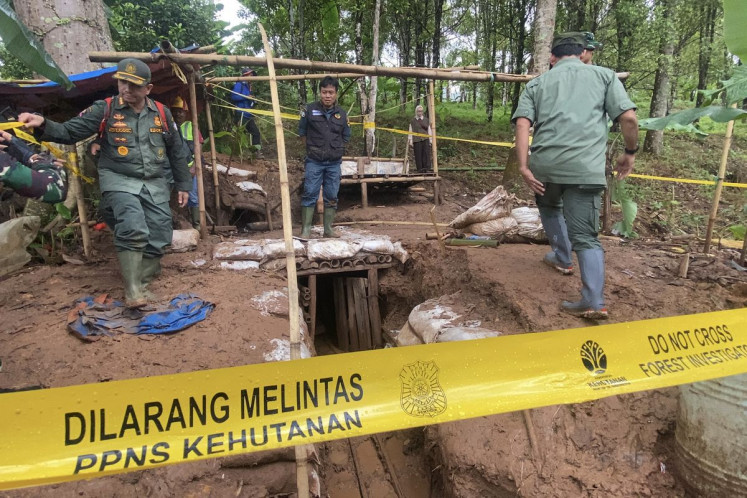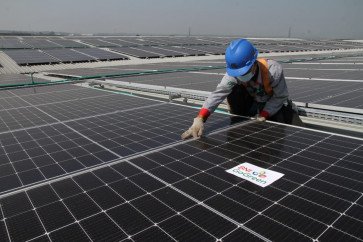Popular Reads
Top Results
Can't find what you're looking for?
View all search resultsPopular Reads
Top Results
Can't find what you're looking for?
View all search resultsExplainer: Regulatory paradox hampers Indonesia's green energy bill
Here is the lowdown on the four points that energy transition advocates find problematic in the latest version of Indonesia's new and renewable energy (NRE) bill.
Change text size
Gift Premium Articles
to Anyone
T
he House of Representatives has started deliberating the long-waited new and renewable energy bill (NRE bill, or RUU EBET in Indonesian), which is expected to straighten the country’s tangled path to phase out coal and pave the way to attracting more investors to the energy industry.
The bill, which has finally reached the national legislature four years after it was initiated by the Regional Representatives Council (DPD), aims to improve the industry’s competitiveness by providing clarity and certainty on energy rates and import tariffs as well as related processes.
While making inroads into the pricing of electricity generated through new and renewable sources, the bill still contains articles that have cast doubt over the government’s commitment to the energy transition.
Here are four points of contention in the latest version of the NRE bill:
1. Coal DMO hike
The bill mandates increasing the domestic market obligation (DMO) for coal from 25 to 30 percent of total production to safeguard the country’s power supply, while it maintains the current DMO price cap of US$70 per ton for thermal coal.
Indonesia’s energy sector has long been dependent on coal, with coal-fired power plants generating more than 60 percent of its electricity supply.


















